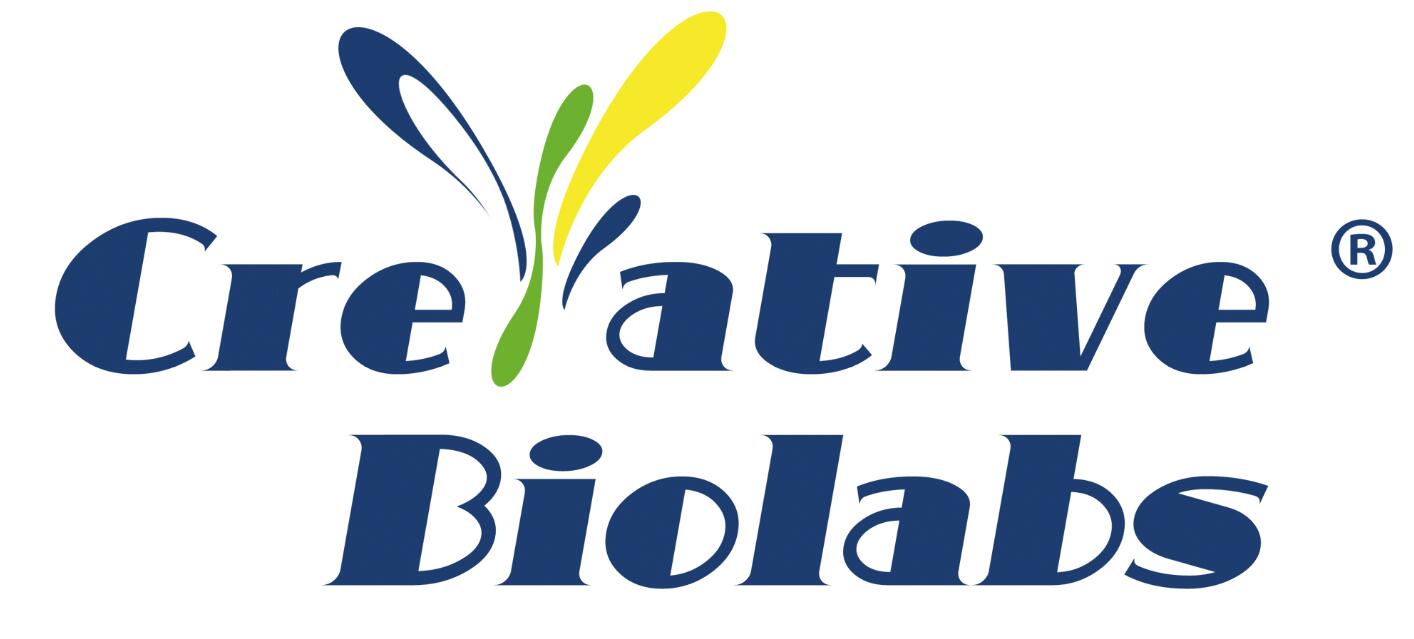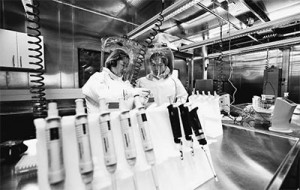As is known, in biochemistry laboratories, researchers are always in direct contact with some chemicals that are highly toxic, corrosive and flammables, often using fragile glass and ceramic utensils. In addition, they need to deal with intense and detailed work under the high-temperature electric heating equipment like gas and water. Clearly, there are still some other complex environmental issues. Therefore, researchers must attach great importance to laboratory safety.
1.Before beginning your daily work, you should be aware of where the main gas valves, water valves and electric brake are. And when you are going to leave the laboratory, you have to check indoor environment again, closing the switch of water, electricity and gas, as well as the doors and windows.
2. While using the gas lamps, you should first light a match, and then hold the match in one hand while the other hand must open the gas valve slowly. You cannot open the gas valve first. In addition, the size of flame and strength of firepower should be adjusted according to the needs of practical experiment.
3.While using the electrical equipment like ovens and centrifuge, you should avoid the risk of electric shock. You cannot contact the switch with wet hands. You have to check whether the electrical equipment are in leakage by electroprobe. Remember all such instruments can’t be used in the laboratory.
4. You must be extremely careful while using the acid and strong alkali, avoiding spills. And when you need to take these reagents by pipette volume, you have to use a rubber ball. If accidentally splashed on the bench or on the ground, it should be promptly cleaned with a damp cloth. If your skin touched it accidentally you should be treated immediately.
5. You need to be particularly careful about the use of combustible materials, especially these combustibles (such as ether, acetone, ethanol, benzene, sodium metal, etc.). Do not place a large amount of such materials on the table, not in close proximity to the flame. You can pour massive flammable liquids only when you are away from the fire or the flame goes out. Low-boiling organic solvents are not allowed to be heated on the fire in a direct way; they can only be heated or distilled on a water bath utilizing reflux condenser.
The common sense should be payed extensive attention for they might endanger your life once inappropriately processed. Remember these tips and enjoy your laboratory work under the safe environment.

